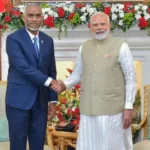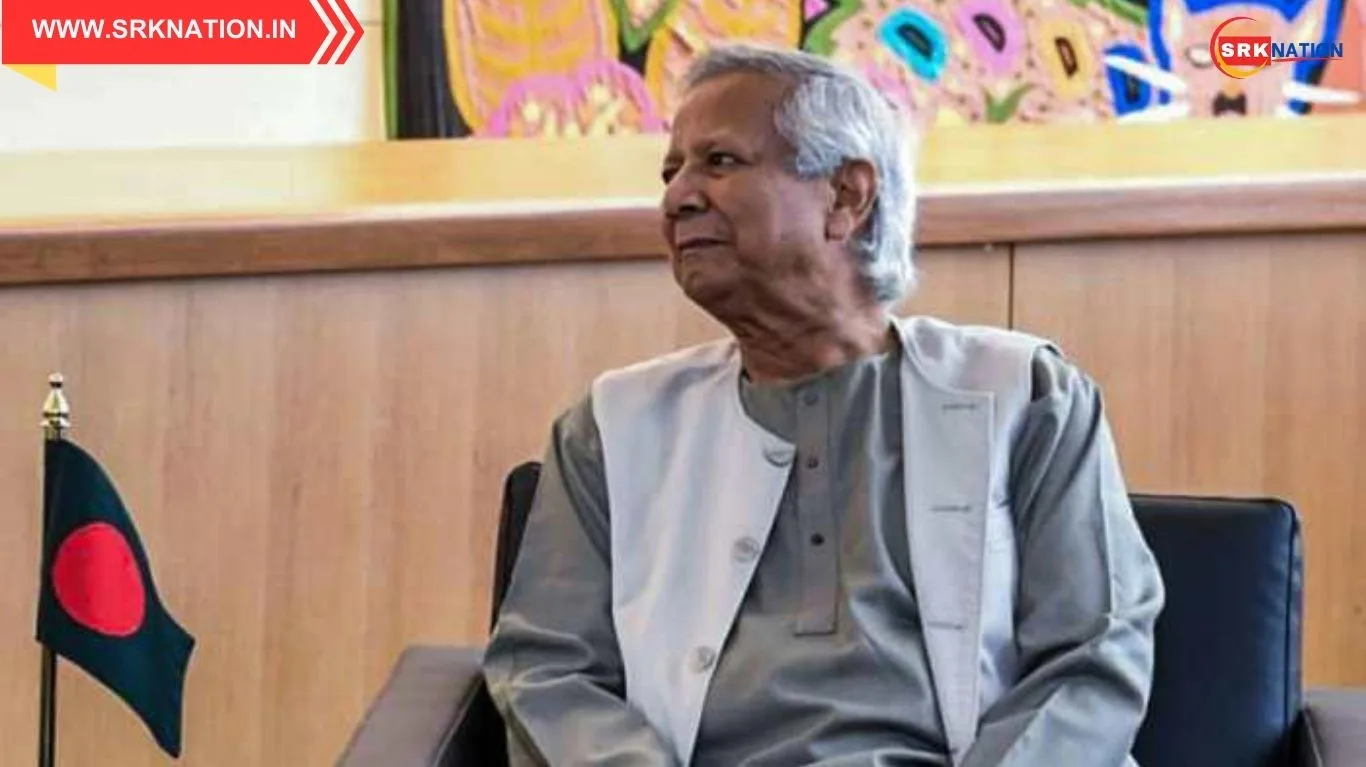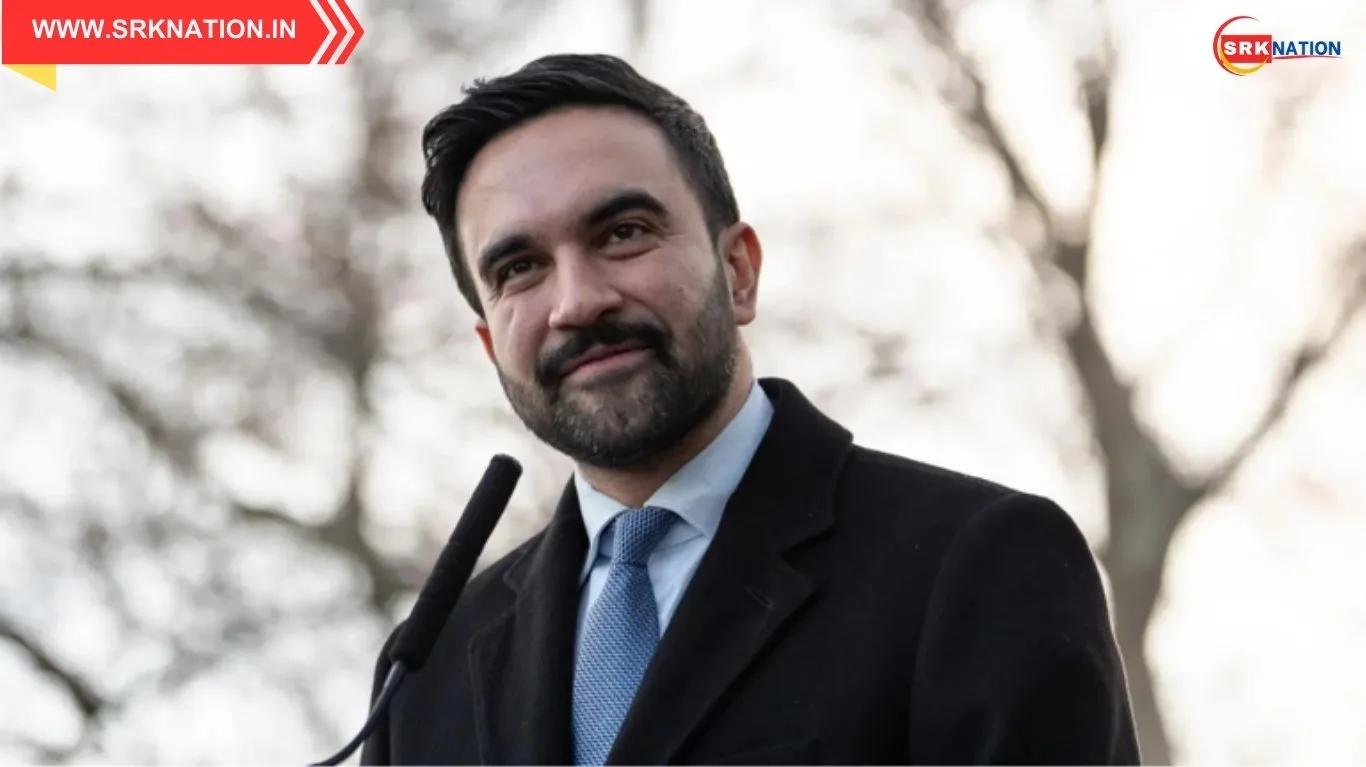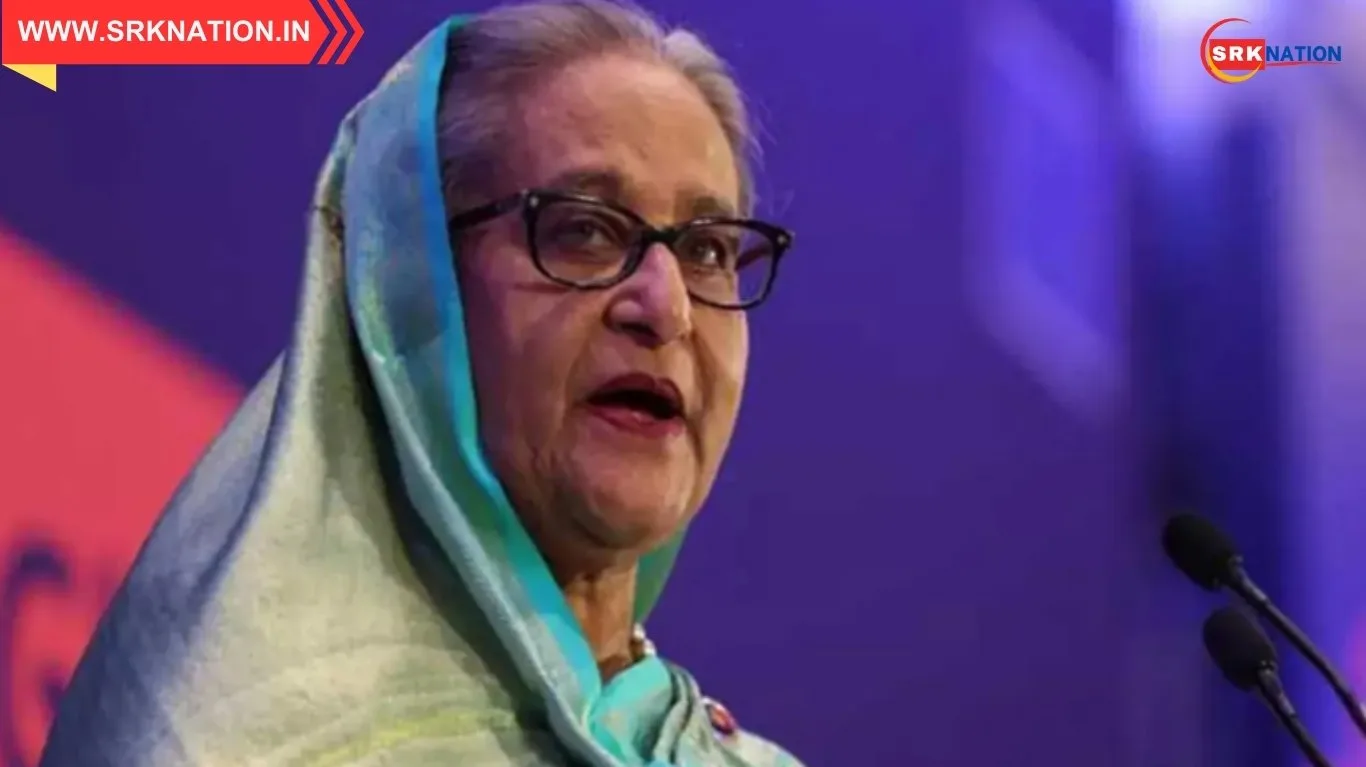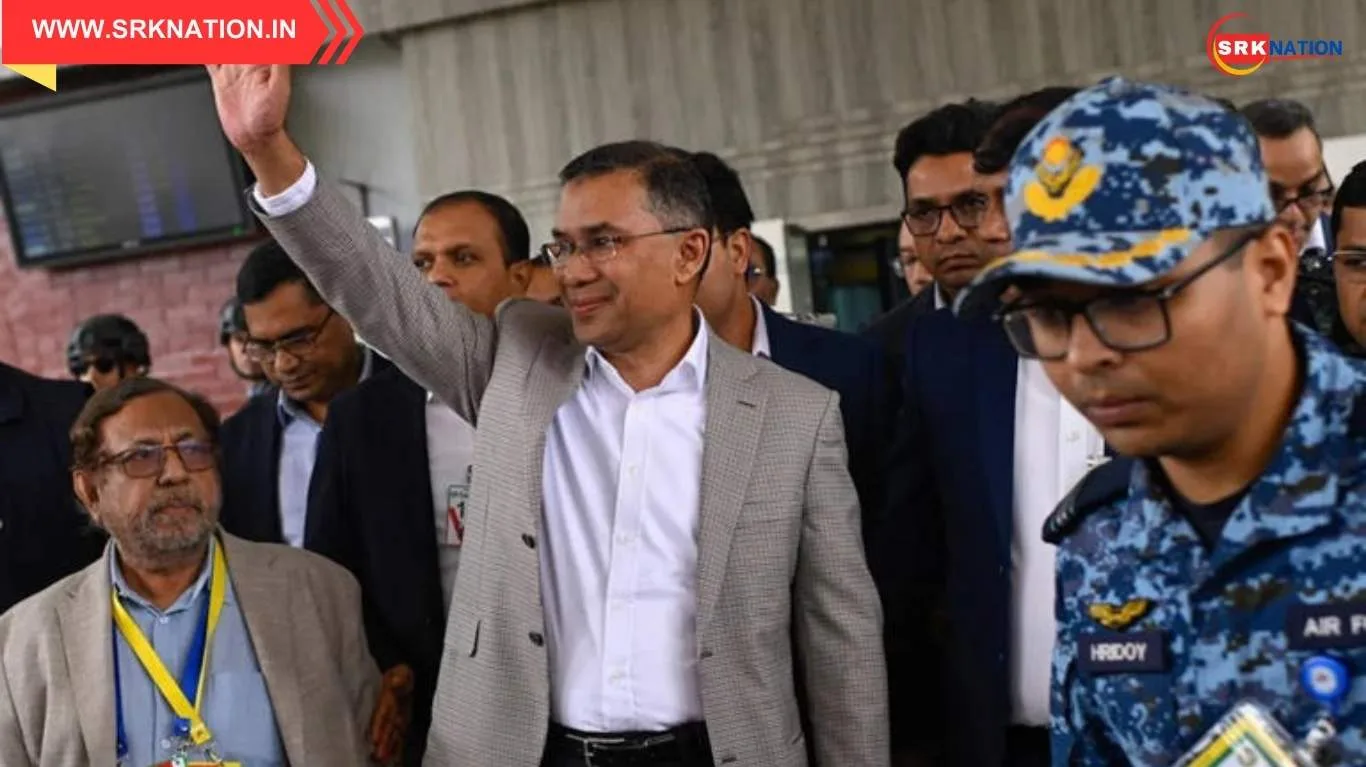Nobel laureate Muhammad Yunus, who assumed leadership of Bangladesh’s interim government following the ouster of former Prime Minister Sheikh Hasina last year, is reportedly at odds with the country’s Chief of Army Staff (COAS), General Waker-Uz-Zaman.
*Rift Between Muhammad Yunus and Army Chief*
Reports indicate that General Zaman has been dissatisfied with the Yunus-led interim government for some time, frequently raising concerns about the country’s democratic future and the deteriorating law and order situation since Sheikh Hasina’s removal. General Zaman has consistently advocated for elections, but Yunus has repeatedly postponed them, citing the current situation in Bangladesh.
Another source of tension is that General Zaman was appointed army chief during Sheikh Hasina’s regime, and his wife is the cousin of the deposed Prime Minister, creating deep familial ties. The Bangladesh army, which played a crucial role in ousting Sheikh Hasina, is reportedly losing trust in the Yunus government amid claims that Yunus is attempting to sideline the army chief at the behest of Pakistan’s notorious spy agency, ISI.
*ISI and Pakistan Army Meddling in Bangladesh’s Internal Affairs*
The Bangladesh army chief suspects that the Pakistan Army and ISI are trying to interfere in Bangladesh’s internal affairs through political representatives. Reports suggest that the ISI is meddling in the Bangladesh Army’s internal affairs, attempting to appoint its chosen individuals to top posts and influencing the Yunus-led interim government in Dhaka.
ISI chief Lt. Gen. Asim Malik’s recent meeting with Lieutenant General Mohammad Faizur Rahman, who ranks fourth in seniority in the Bangladesh army, is seen as an attempt to undermine General Zaman. Speculations are rife that the interim government is considering removing General Zaman and appointing General Rahman, known for his radical stance and perceived loyalty to Pakistan, as the new head of the Bangladesh Army.
*India-Bangladesh Relations at an All-Time Low*
India-Bangladesh relations have reached an all-time low following the fall of former Prime Minister Sheikh Hasina and the rise of the interim government led by Muhammad Yunus. Widespread communal violence against minorities, especially Hindus, has strained Dhaka’s ties with New Delhi, with India accusing the Yunus-led interim government of not doing enough to address the atrocities committed by radical Islamist elements against the minority Hindu community.
The ongoing political turmoil and alleged interference by Pakistan’s ISI have further complicated the situation, raising concerns about the future stability of Bangladesh and its relations with neighboring countries.

See insights and ads
পোস্ট প্রচার করুন · Promote post
Like
Comment
Send
Share




